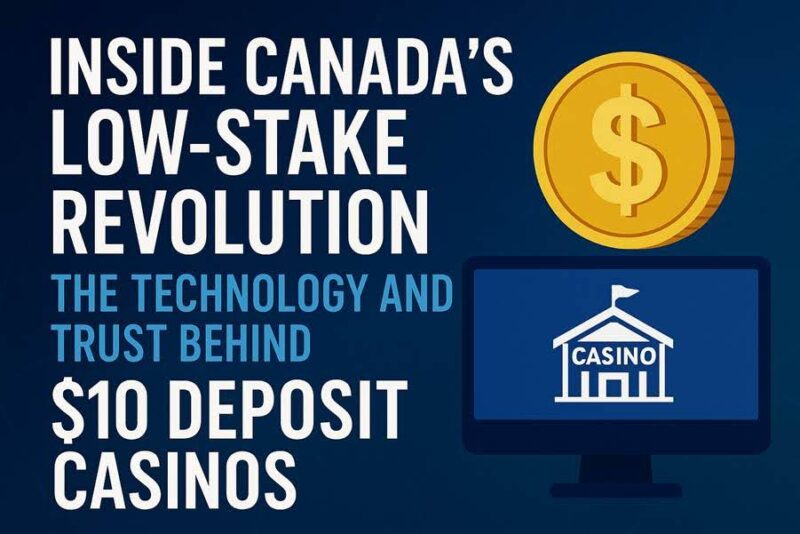
The multi-billion dollar gambling industry stands at a pivotal turning point today. Major headwinds threaten the business models that casinos like Evolve Casino and betting companies rely upon. From disruptive new technologies to stricter government rules, the landscape looks rocky for gambling operators.
Navigating the forces reshaping the sector will be key if stakeholders hope to adapt. By examining the challenges more closely, companies can chart the right course through risks and opportunities ahead.
Tightened Oversight and Rules
Governments seem increasingly concerned by gambling’s potential societal impacts – from problem gambling to enabling money laundering. Many countries recently banned certain products, restricted advertising tactics, or raised taxes on operators.
Some examples of tightened gambling regulations:
- UK: Banned credit card gambling, restricted slot machine betting
- Australia: Capped online betting losses, additional taxes
- Germany: Banned unregulated online casinos and slots
- Spain: Strict marketing limits, banned TV gambling ads
The tightened regulatory climate presents a huge challenge to customer acquisition and the future profit margins of gambling firms. Marketing messages, bonuses, and VIP perks now risk being labeled predatory and made illegal. Compliance costs also continue swelling, making operations more complicated.
Cracking Down on Black Market Competition
Another byproduct of stricter regulation includes wider crackdowns on unlicensed offshore betting sites and apps – especially prevalent in Asia. These black market operators exploit legislative loopholes and lax local enforcement to fuel an estimated $150 billion in annual illicit wagers.

Highly disruptive to licensed brands adhering to stricter codes of conduct, regulators now coordinate cross-border efforts targeting payment channels serving illegal platforms. This rising tide against unregulated rogue sites leaves above-board companies shouldering higher compliance costs while competing with far less scrupulous business models.
Blockchain, Cryptocurrency and NFTs
Innovations like cryptocurrency and blockchain made inroads, enabling online payments while providing user anonymity, often skirting banking rules. But the same advancements open doors for illegal operators, underage access, and money laundering – leaving regulators rushing to rein in this “Wild West.”
Lawful proprietors are striving to do right shoulder immense costs trying to detect and prevent abuse compared to unconcerned counterparts. Emerging technologies like NFT gambling and metaverse casinos offer more promise and risk as oversight tries to catch up. Responsible players carefully walk these gray lines, awaiting future guidance.
Shifting Generational Gambling Habits
Today’s younger generations are demonstrating different interests and motivations around gambling relative to their parents and grandparents. This presents a two-sided challenge of attracting younger players with new offerings while retaining the loyalty of existing customers.
Key generational differences:
- Millennials and Gen Z are less interested in lotteries and slots
- Younger demographics prefer fantasy sports and esports. Finlandia casino betting
- Seeking more analytics and skill-based games over chance
- Desire for customization and personalization
Millennials and Gen Z show less interest in traditional mediums like lotteries and slot machines. Instead, they engage more with daily fantasy sports, esports betting, and skill-based games. Many seek to apply analytics over odds and chance, too. Operators must adapt quickly or fail to capture this demographic.

That said, existing patrons also cannot be overlooked by exclusively catering to new trends. Loyalty programs and incentives need reconfiguring to appeal to both new and existing player bases. Customization and personalization are becoming more critical differentiators as well.
Increasing Public Scrutiny and Negative Perceptions
Lastly, all gambling sectors face rising public scorn over enabling issues from addiction to underage exposure. A prevailing veneer of greed and exploitation makes the industry an easy political punching bag as well.
And unlike similarly “sinful” sectors such as alcohol or tobacco, no acceptance appears forthcoming. If anything, gambling perceptions worsen despite its popularity. This means operators must enhance safeguards and ethics exceeding minimums if the tide hopes to turn.
Restoring even neutral public trust demands baking values like responsibility over profits into business models. For reluctance by some ultimately risks regulatory consequences falling across all.










